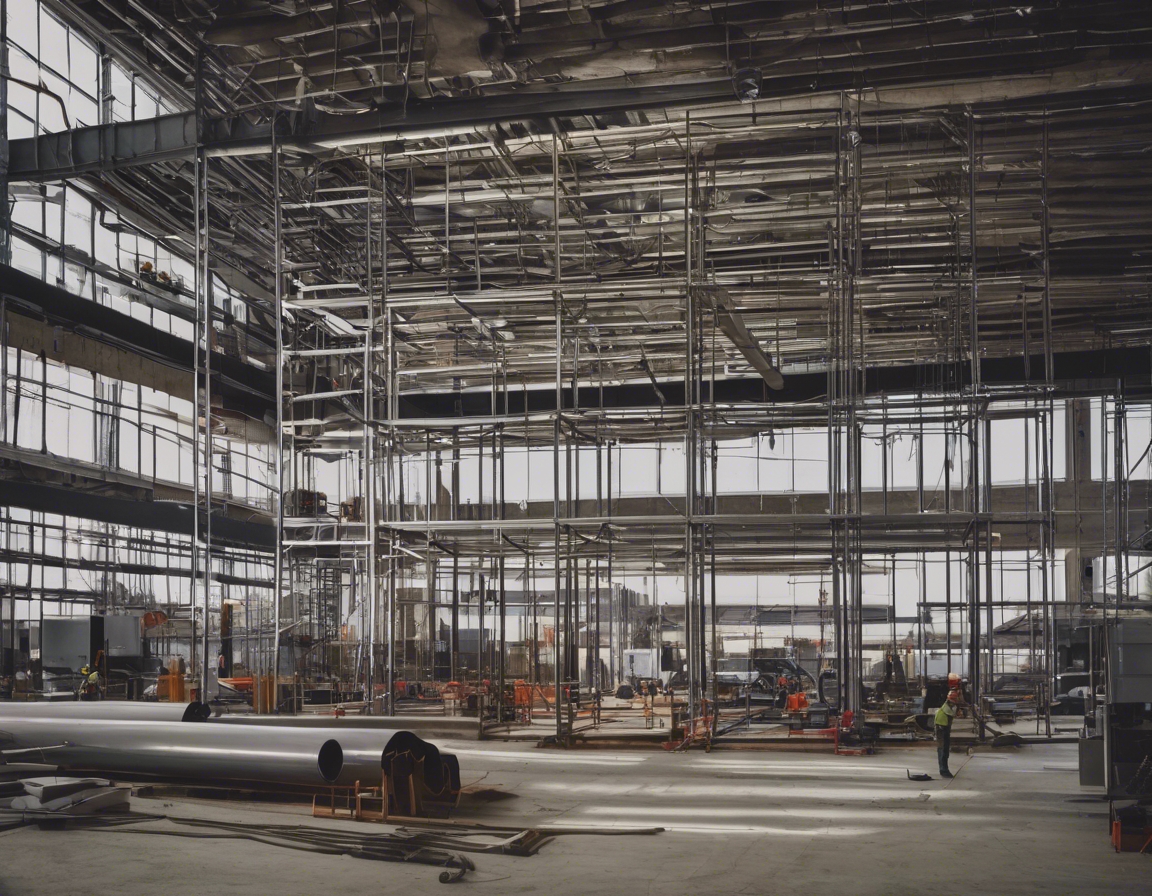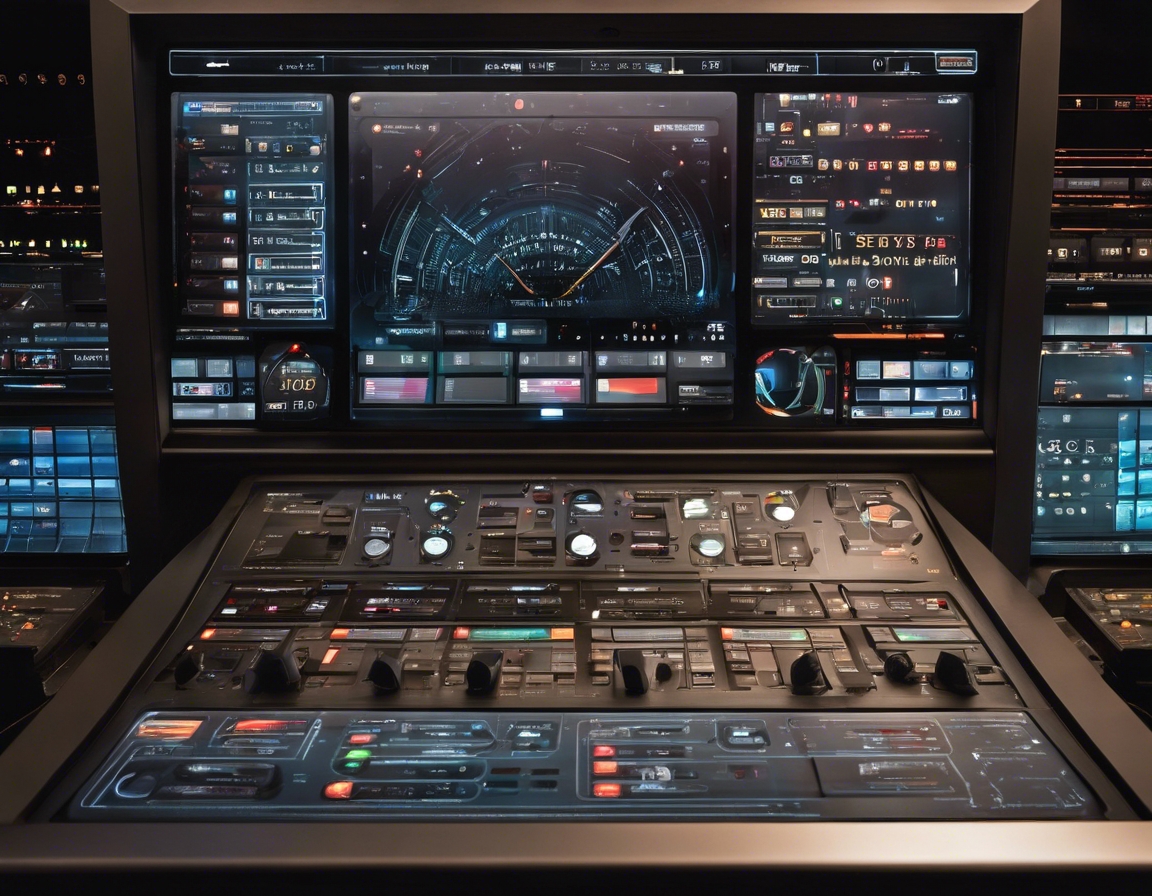How to choose the right climate control system
Climate control systems are integral to maintaining optimal temperature, humidity, and air quality within industrial and commercial environments. These systems are designed to ensure that the internal climate of a building is conducive to both human comfort and operational efficiency.
For businesses, the right climate control system can lead to improved employee productivity, protection of sensitive equipment, and preservation of materials. Additionally, it can significantly reduce energy costs and contribute to sustainability goals.
2. Key Factors to Consider When Choosing a Climate Control System
Energy efficiency is paramount for reducing operational costs and minimizing environmental impact. Look for systems with high SEER (Seasonal Energy Efficiency Ratio) ratings and those that utilize renewable energy sources.
Reliability ensures that your climate control system operates smoothly without frequent breakdowns. Consider systems from reputable manufacturers known for durability and performance.
Regular maintenance is crucial for the longevity of climate control systems. Choose a provider that offers comprehensive maintenance plans and has a reputation for excellent customer support.
While initial costs are important, consider the total cost of ownership, including installation, operation, and maintenance expenses. A cost-effective system balances upfront costs with long-term savings.
Opt for systems that minimize carbon footprint and use eco-friendly refrigerants. This not only supports sustainability but also ensures compliance with environmental regulations.
3. Types of Climate Control Systems
HVAC (Heating, Ventilation, and Air Conditioning) systems are versatile and widely used in various commercial settings. They provide comprehensive climate control through integrated heating and cooling functions.
Ideal for larger facilities, chilled water systems use water as a cooling medium, offering efficient temperature regulation for extensive spaces.
Heat pumps are energy-efficient solutions that transfer heat from one place to another, providing both heating and cooling capabilities.
Ventilation systems are crucial for maintaining air quality by removing contaminants and ensuring a steady flow of fresh air.
4. Evaluating Your Business Needs
Consider the size and layout of your facility to determine the most suitable climate control system. Larger spaces may require more robust systems, while smaller areas might benefit from compact solutions.
Analyze how different areas of your facility are used to tailor climate control solutions that meet specific operational needs.
Plan for future growth by selecting scalable systems that can accommodate increased demand without significant upgrades.
5. Partnering with the Right Service Provider
Choose a provider with a proven track record in installing and maintaining climate control systems for businesses similar to yours.
Review service agreements carefully to ensure they cover all necessary aspects, including emergency repairs and routine maintenance.
Quick response times are critical for minimizing downtime in case of system failures. Partner with a provider known for prompt and efficient service.








Comments (0)